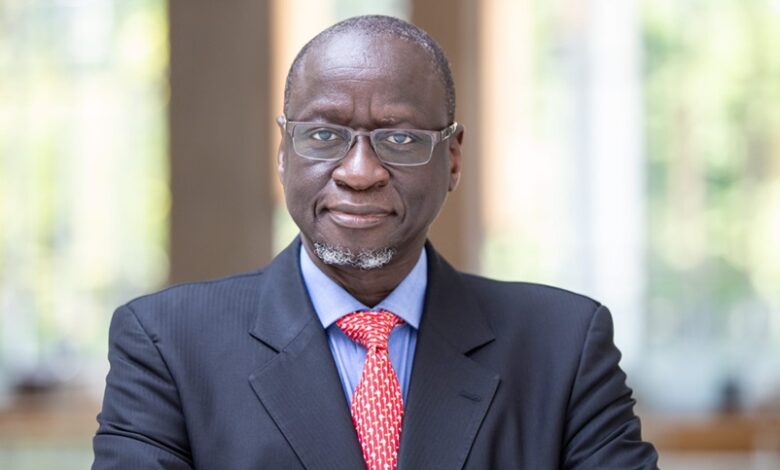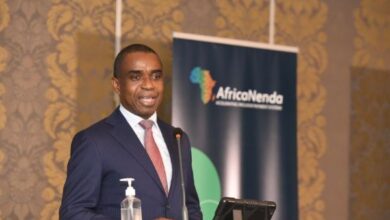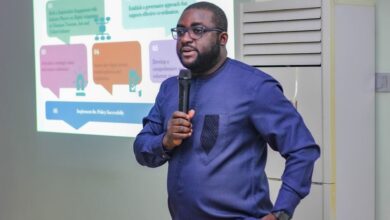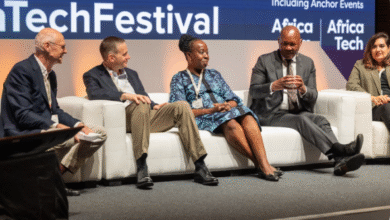West and Central Africa Unveil Ambitious Digital Agenda as Ministers Adopt Cotonou Declaration

West and Central African leaders have signaled a major shift in the region’s digital future with the adoption of the Cotonou Declaration at the end of a high-level ministerial summit held from November 17–18, 2025, in Benin. The agreement, endorsed by ministers responsible for digital affairs, outlines an ambitious roadmap to accelerate digital transformation and position the region as an active player in the global digital economy.
Under the new Declaration, countries committed to ensuring that 90% of their populations gain access to affordable and reliable broadband by 2030. Ministers also agreed to deploy interoperable public digital infrastructure such as digital identity systems, electronic payment platforms, and unified data frameworks. The plan aims to double intra-African e-commerce and establish harmonized rules for cybersecurity, data governance, and Artificial Intelligence (AI) to create a safer and more trusted digital environment.
A major feature of the initiative is a continent-wide push to build digital skills and expand economic opportunities. Ministers pledged to help 20 million people acquire basic digital skills by 2030 and ensure 2 million young people and women access jobs or entrepreneurship opportunities in the digital sector. They further committed to strengthening innovation ecosystems across the region by deepening collaboration with the private sector and scaling African-led digital and AI solutions.
To deliver on these targets, the Cotonou Declaration calls for the mobilization of public and private financing through new national digital compacts. These compacts will align policy reforms, investment needs, and strategic partnerships to accelerate digital growth and expand job creation. Countries will also exchange best practices and coordinate efforts to create regional digital markets, supported by initiatives such as Mission 300 (M300)—a continental effort to connect 300 million Africans to electricity by 2030 to power digital and economic transformation.
Digital technology, leaders agreed, remains one of the most powerful drivers of economic development in Africa. It boosts productivity, expands access to markets, enables new jobs, and promotes inclusion across communities. The commitments made in Cotonou reflect a shared ambition to turn Africa’s digital promise into tangible improvements in livelihoods.
The summit, co-organized by the Government of Benin and the World Bank Group, brought together over 200 participants, including ministers, private sector leaders, young digital innovators, regional institutions, civil society groups, and international experts. The gathering also aligned with the African Union’s 2030 goals of universal broadband access, a unified African digital market, and the rapid adoption of AI and emerging technologies to drive economic transformation.
Abdoulaye Bio Tchané, Senior Minister and Minister of Planning and Development of Benin, said digital technology had become central to Africa’s competitiveness. “Africa is no longer just a consumer: it is becoming a creator, an innovator, and an influential player in the global digital economy,” he said. “Benin has made a deliberate choice to make digital technology a central pillar of its economic transformation.”
Benin’s Minister of Digital and Digitalization, Aurelie Adam Soulé Zoumarou, emphasized the importance of collaboration. “Digital is no longer a choice; it is an economic, social, and strategic necessity,” she noted. “No strategy can thrive without a shared vision and a strong alliance between states, the private sector, civil society, and youth.”
Mr. Ousmane Diagana, World Bank Vice President for West and Central Africa, stressed the need for coordinated financing. “The success of the Cotonou Declaration depends on better alignment of resources and joint communication of progress,” he said. “Digital Compacts will help galvanize political leadership and deliver greater impact for populations and businesses.”
Adding to that message, Mr. Sangbu Kim, World Bank Vice President for Digital and AI, urged urgency in decision-making. “We are at a critical moment. The era of artificial intelligence will not wait for us,” he warned. “Our goal is to ensure AI becomes a driver of shared prosperity and to help shape a future where Africa leads in digital innovation.”
The adoption of the Cotonou Declaration marks a defining moment for West and Central Africa’s digital agenda—setting a clear vision for a connected, innovative, and inclusive digital future by 2030.




